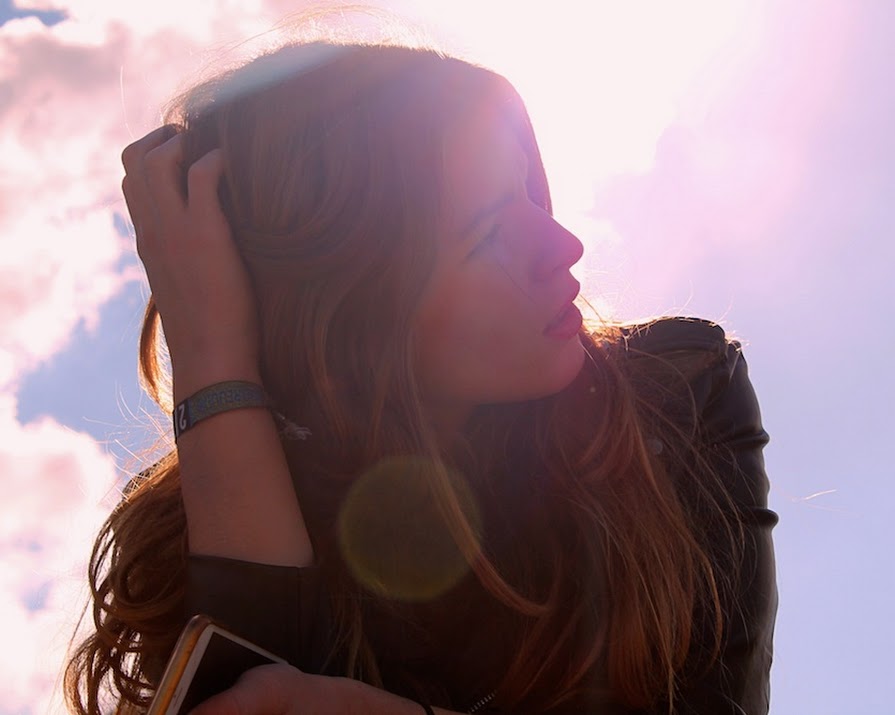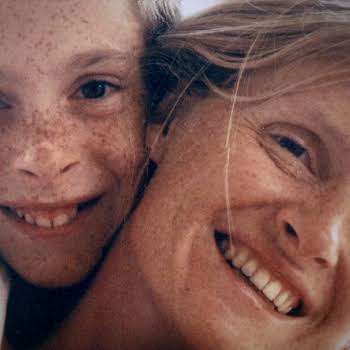
By Niamh ODonoghue
16th Jun 2016
16th Jun 2016
The world’s largest study on anxiety was carried out recently at the University of Cambridge. The comprehensive study was able to pinpoint which cultures, genders, and age groups are most likely to be affected by anxiety by using pre-determined studies from around the world.?Anxiety can happen to anyone, at any age, at any stage time, regardless of gender or race. For a long time mental health issues – including anxiety – were largely stigmatised here and,?as a result, people didn’t know how to deal with it when it did arise. Now, however, we are progressing and are finding better and alternative ways to address and treat anxiety.Here are ten things that you can take from the study to help you to understand the condition, or to help someone who is currently on a journey through anxiety.
1.Women are twice as likely to be affected by anxiety disorders as men.
The study shows that women are almost twice more likely to be affected by anxiety disorders than men, in both developing and developed countries.
2. People with health conditions are more likely to show signs of anxiety.
A test was carried out among two groups: group one had diabetes, while group two was a control group. The group with diabetes showed higher signs of anxiety than the healthy group. For instance, women with diabetes showed signs of anxiety that were almost double of that from a healthy male. It’s also seen that anxiety can be present in a person who is suffering from a life-threatening condition or illness.
3. Opioid addiction is linked to an increase in the risk of anxiety.
Unfortunately many anxiety patients are prescribed medication as a way to tackle and treat the issue, but this should not be your only option. We know now that opioids increase the risk of anxiety, and are highly addictive. Yoga and exercise, on the other hand, are highly addictive for all the right reasons. Yoga helps to rebuild brain tissue and promotes a positive mindset.
4. Anxiety often appears with other neurological disorders.
People who suffer from neurological disorders such as schizophrenia, bipolar disorder or depression, are at a higher risk of developing high levels of anxiety. Globally, 12 percent of people who have schizophrenia also have varying forms of anxiety.
5. Young people are most likely to have anxiety.
Unsurprisingly, people under 35 are at most risk of developing an anxiety disorder. We can link this to high-octane lifestyles and young people placing extreme pressure on themselves to perform. We all need a break, ey?
However chief researcher of the venture, Olivia Remes, is calling for more research to be carried out in the LGBT community because it is suspected that anxiety rates would be higher among these communities.























